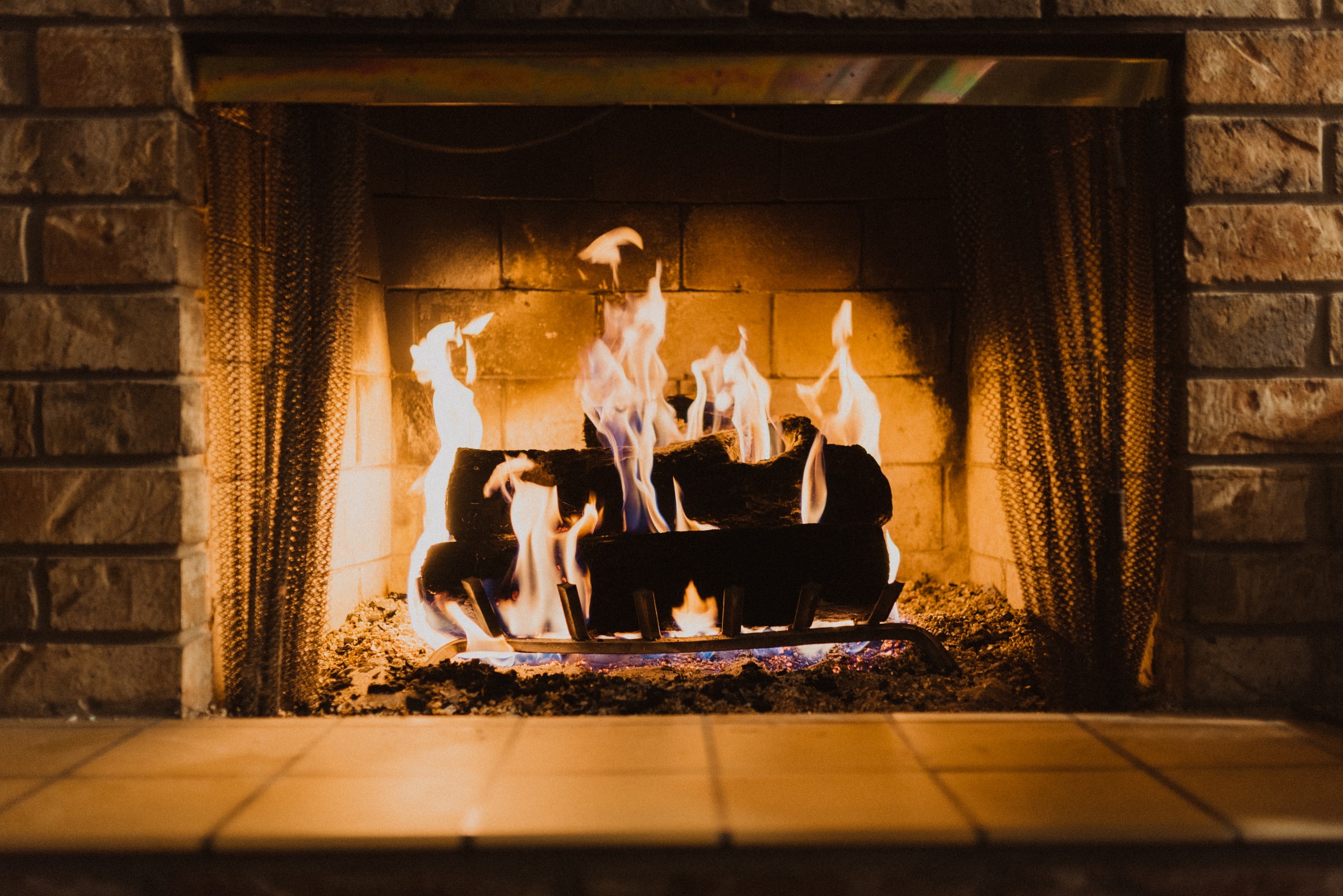Landlord Blog
Education and news for smart DIY landlords!
10 Home Maintenance Tips for First Time Home Buyers

Owning a home is an exciting experience. With this excitement, you throw parties or gatherings for celebration. You also get busy with work to pay the mortgages and bills. But by being busy, you’ll eventually tend to overlook doing maintenance inside and outside your abode.
Let’s prevent that from happening and avoid additional costs for repairs. The tips you’ll find down here are some of the most important things you should regularly pay attention to. These tips will also surely help you cut down monthly bills as well as keep your home in tiptop condition.
1. Check the HVAC system
HVAC systems have filters that accumulate debris and dust. When the filter is clogged, it won’t function at its best. Plus, energy costs will go up. It is highly advisable to check, clean, or replace your HVAC air filters at least once every 90 days.
2. Drain the water heater
Sediment builds up at the bottom of your water heater. This may not necessarily affect water quality, but it makes the boiling process longer. Like a clogged HVAC filter, this can mean extra energy costs.
3. Caulk your windows
To cut costs on heating and cooling, see to it if your window caulks are still intact. Damaged or unsealed window frames cause air leaking making it hard to keep cool or warm air inside.
4. Check weather strips
Be more efficient on your bills by preventing HVAC air from escaping your home. The space between your sliding windows and door gap are also exit pathways for the heated or cooled air.
If you have weather strips installed, check if they’re still properly stuck to the windows and doors. Some of the weatherstrips may be worn out during the previous homeowner’s stay.
5. Check wood deck sealing

Sealing is very important for wood decks. It prevents water damage and rots caused by weather or a nearby pool. To check if the seal still works, splash water on the wood’s surface. If there are beads of water on the deck’s surface, the seal is still effective. If the wood has absorbed the water, that’s the sign where you need to reseal your deck.
6. Check exterior paint
Paint isn’t just for curbside appeal. It also works as a sealing that prevents iron gutters and wooden walls from rotting. Inspect exterior areas by walking around. Use a ladder if needed.
Check for peeling paint on rain gutters, hand railings, or porch posts. Pay extra attention to the house’s trim. You can touch these small areas up by sanding, scraping, patching, priming, and repainting.
But, if you see wide areas of worn-out paint, it would be better to repaint the whole area.
7. Inspect and clean fireplace and chimney

When wood burns, a flammable byproduct called creosote forms and builds up on fireplaces and chimneys. Not only is this a fire hazard, but it also increases the risk of carbon monoxide poisoning in your home.
8. Clean gutters

Gutters don’t get rusty by rain alone. Leaves from trees especially during autumn will clog your gutter up causing it to warp from rain and snow. Sometimes if the gutter is too clogged, water will back up to the roof, foundation, or crawl space causing more water damage to your home.
9. Clean the garbage disposal
Food and other organic debris will remain inside your garbage disposal after weeks of use. Eventually, these objects will decay and cause an unpleasant smell for you and others around you.
10. Seal the driveway
Driveway pavements expand and contract as the seasons change. In time, cracks will follow. And in these cracks, grasses take root. When weeds take root, the damage to your pavement will hasten up.
Be sure to check for cracks on the driveway every start of spring. Prevent weeds from growing on the pavement by sealing cracks immediately
Keeping your home properly maintained saves a lot of cost for repairs and energy bills. Make sure to roam around and look for wear and tears during your free time. Read your HVAC manuals for a good idea on when and how to maintain the unit.
More articles for your homeownership here:
